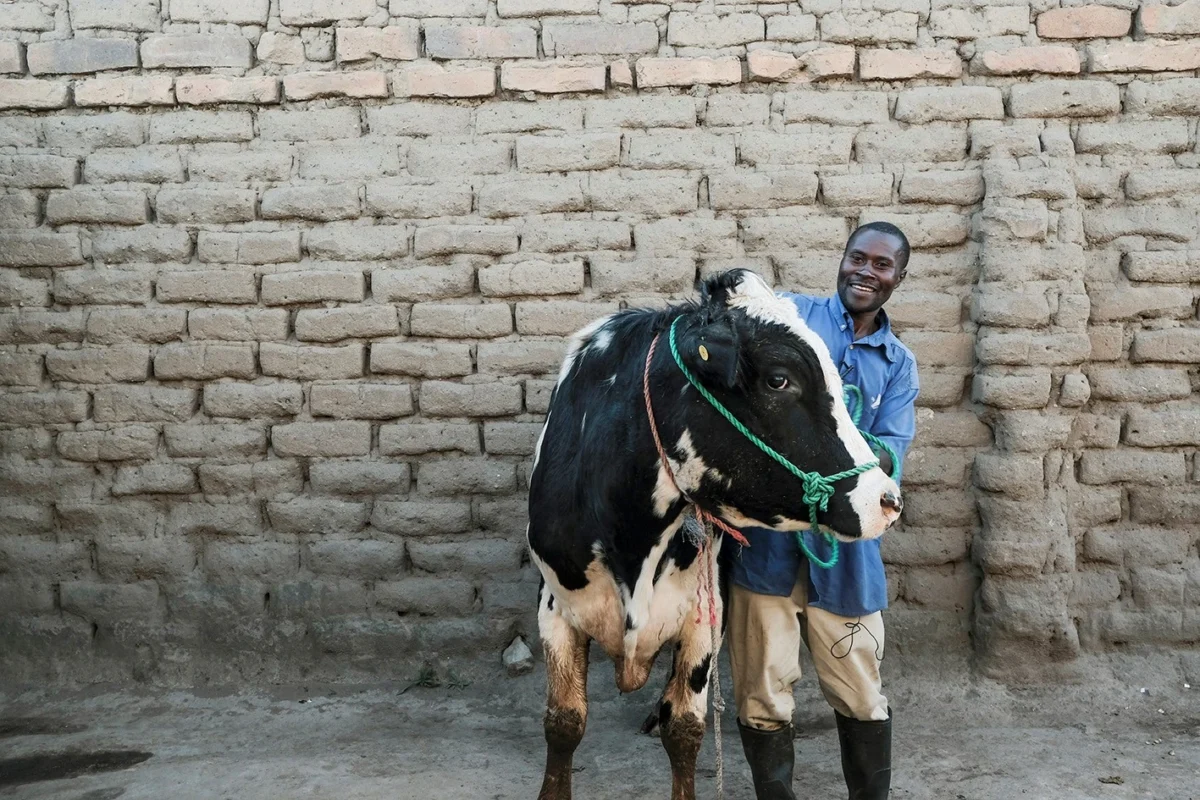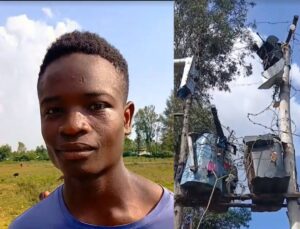Despite having 85% of the world’s livestock keepers, Africa produces just 2.8% of global meat and milk outputs. As climate change threatens traditional livestock systems and demand for animal products surges, set to rise by 50% in West Africa alone by 2050, experts say the continent faces a pivotal challenge in scaling up production while ensuring climate resilience.
According to International Livestock Research Institute researchers, the answer lies in genetic innovations and modern breeding technologies. With the right investments, farmers could have access to hardier more productive livestock, boosting food security and sustainability across Africa.
Traditionally, livestock breeding’s primary focus has been on maximizing productivity, often overlooking climate resilience and sustainability.
Professor Appolinaire Djikeng, Director General of the International Livestock Research Institute says,
“Africa has a unique opportunity to take a different approach—one that balances productivity with sustainability while ensuring interventions are farmer-appropriate.”
By integrating genomic technologies and selective breeding, scientists believe African farmers can raise livestock that are more resistant to heat, disease, and feed shortages—challenges that are becoming more severe due to climate change. These advancements could improve food security, enhance rural incomes, and build a more sustainable livestock sector.
Modern breeding technologies offer a game-changing solution for African livestock farmers. Through genomic selection and data-driven breeding programs, scientists can help farmers raise animals that are more productive, disease-resistant, and climate-resilient.
Genomic technologies and data-driven breeding programs can help African farmers raise hardier, more productive livestock. The African Animal Breeding Network (AABNet) plays a key role by collecting data, evaluating genetics, and training breeders to develop climate-resilient animals.
“This is a timely opportunity to strengthen food systems amid population growth and climate change,” says Professor Mizeck Chagunda of the Centre for Tropical Livestock Genetics and Health.
Genetic improvements could help bridge this gap, but how quickly can these solutions reach farmers? Experts stress the need for investment and policy support to scale up sustainable breeding programs.
Read Also: AU and ILRI collaborate to Enhance Food Safety in Africa’s Informal Sector
















